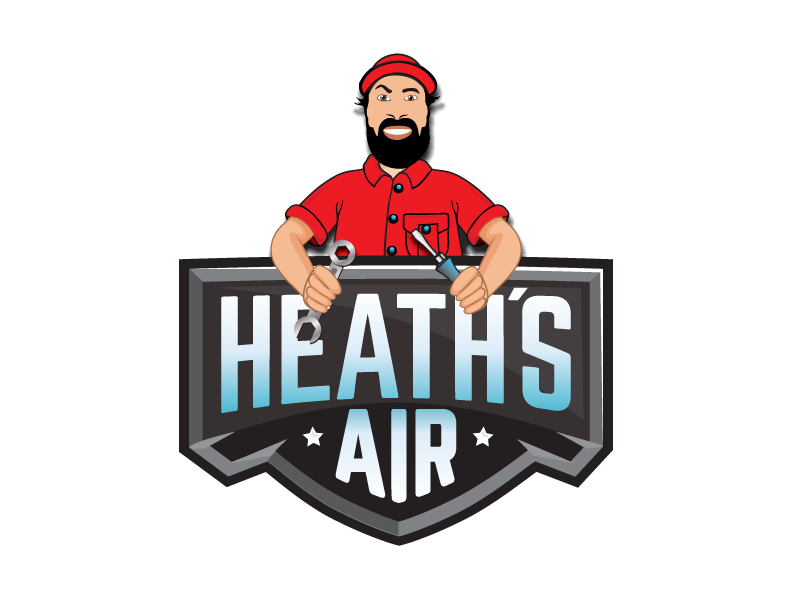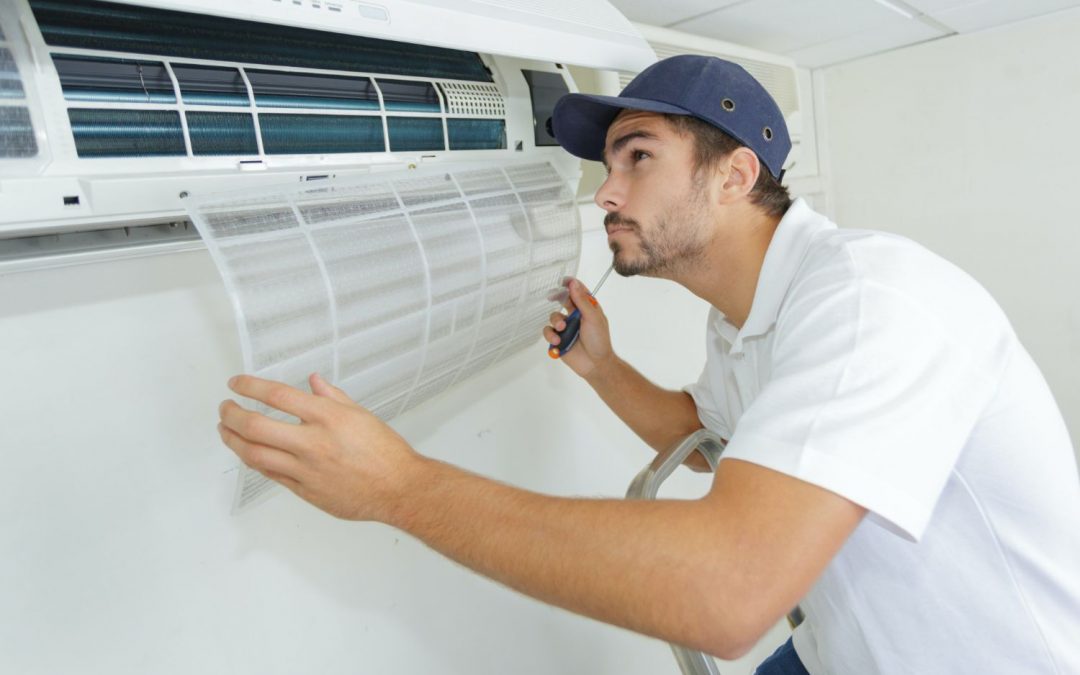The majority of people don’t give their heating, ventilation, and air conditioning (HVAC) systems much attention until an issue arises. Nonetheless, taking measures to ensure the health and performance of your HVAC system beforehand can save significant time, money, and discomfort.
Importantly, HVAC systems possess a lifespan, usually between 10 to 20 years when carefully maintained. If your system approaches this limit, contemplating an upgrade might be necessary. Such a move is more than evading breakdowns or expensive repairs. Newer model upgrades can save money by reducing energy consumption due to advancements in efficiency.
Even with younger systems, keen attention to its performance is vital. Rising energy bills or struggles to maintain comfortable temperatures signify an issue. In some instances, replacing the unit may prove more cost-effective than attempting repairs.
The choice to upgrade your HVAC system impacts comfort, budget, and even the value of your home. Therefore, take time to understand the factors involved for an informed decision. The subsequent sections delve into these factors in more depth.
Assessing Your HVAC System’s Age
The Lifespan of an HVAC System
Just like any substantial piece of machinery, HVAC systems have a finite lifespan. On average, well-kept units last between 10 to 20 years. However, factors such as the quality of the original unit, its frequency of use, and maintenance quality can influence this. Even the most high-end models with diligent care will eventually reach their end of useful life.
The Importance of System Age
As an HVAC system ages, it often becomes less efficient, struggles to maintain comfortable temperatures, and requires frequent, expensive repairs, leading to higher energy bills. If your system is nearing or has exceeded ten years, it’s vital to keep a close eye on its performance. A decline in efficiency or performance signals it might be time for an upgrade. Upgrading is more than replacing an old unit; it’s an investment in a system that can save money in the long run through energy efficiency and reduced repairs.
Considerations When Upgrading
Upgrading your HVAC system can significantly improve energy efficiency and performance. The latest models are designed to consume less energy, provide steady temperature control, and offer enhanced features for user convenience. They also integrate seamlessly with smart home technology, providing remote access and automation options for maximum comfort. In many instances, the money saved on energy bills and repairs can offset the initial cost of a new system over time. An upgrade is not just a practical step but also an investment in comfort, efficiency, and cost savings.
Repair Frequency and Costs
Identifying Frequent Repair Signs
As your HVAC system nears its lifespan end, it may demand more frequent repairs. Unusual signs such as the system struggling to maintain a comfortable temperature, unexpected shutdowns, or strange noises should not be ignored.Your HVAC system displays certain signs when it requires some maintenance. While occasional repairs are part of any HVAC system’s life, frequent ones hint at a bigger problem.
Assessing Frequent Repair Costs
Every HVAC system repair incurs costs. However, when repairs become frequent, the costs accumulate. If you find yourself needing repairs every few months, consider investing in a new, more efficient system. To decide whether to repair or replace, compare the repair costs with the price of a new system. Also, consider your current system’s age and the energy savings a new system could offer. You might find a new system to be the cost-effective choice.
Implications of an Inefficient HVAC System
An old or frequently repaired HVAC system is not just a nuisance; it can also strain your resources. Inefficient systems work harder to maintain a comfortable home temperature, leading to higher energy bills. Therefore, you’re not only paying for repairs but also higher energy costs each month. Over time, these costs can be considerable. Upgrading to a new, energy-efficient HVAC system can reduce your monthly energy bills, compensating for some of the new system’s costs.
Energy Efficiency and Performance
Energy efficiency in HVAC systems has a direct impact on your utility bills, comfort, and environmental conservation. It refers to the capability of your HVAC system to use energy to heat or cool your home effectively. The more efficient the system, the less energy it uses, resulting in lower utility bills.
Older HVAC systems, typically those installed more than ten years ago, often lack the advanced technology found in modern units, making them less efficient. By upgrading to a high-efficiency HVAC system, you can save on energy costs and enhance your home’s comfort.
Identifying Performance Issues
Performance issues in your current system, such as struggling to maintain a consistent temperature, producing inconsistent airflow, or excessive noise, might indicate a need for an upgrade. An HVAC system with humidity issues or fluctuating indoor air quality also signals a potential need for replacement. Modern HVAC systems regulate humidity levels and improve indoor air quality, ensuring a healthier, more comfortable home.
Let’s look into the benefits of upgrading your HVAC system.
- Improved Energy Efficiency: New HVAC models use less power to heat or cool your home, reducing your monthly utility bills.
- Superior Performance: Thanks to technology advancements, modern HVAC systems deliver consistent airflow and temperatures, manage humidity, and operate quietly.
- Enhanced Indoor Air Quality: Upgrading can drastically improve your home’s indoor air quality. Modern HVAC systems remove pollutants and allergens with advanced filters, promoting a healthier living environment.
- Smart Home Integration: Modern HVAC systems are smart-home ready. They integrate with your smart home devices, allowing remote control of your heating and cooling for convenience and comfort.
Given these benefits, an HVAC upgrade is a worthwhile investment for your home. It enhances comfort and efficiency and offers cost savings in the long run.
Closing Thoughts
We have discussed the key factors you need to consider before upgrading your HVAC system. From checking the lifespan of your current unit to comparing repair costs, there’s a lot to deliberate. Yes, this is a major decision. However, an upgrade isn’t just about replacing outdated gear. It’s an avenue to invest in your comfort and peace of mind, and even economize.
An upgrade lets you preempt possible problems, doing away with worries related to sudden breakdowns or costly repairs. an upgraded HVAC system means reliability, uniform temperatures, reduced noise, and better air quality.
Look at your energy bills! You can save substantial amounts each month. Envision how your home could transform into a cozier space with a new HVAC system. Maybe it’s time to take the plunge.
At Heath’s Air, our expert team will guide you through this transition smoothly. Every step will involve you, ensuring you know your options thoroughly. Although upgrading your HVAC may seem intimidating at first, we simplify it for you. After your new system is in place, our dedicated team will be available for routine maintenance and support. Our services are designed to keep your comfort in mind.
Eager to enhance your home comfort? Let’s discuss how a brand-new HVAC system can uplift your living experience. Don’t hesitate to give us a shout. We’re always on standby to answer any questions.




